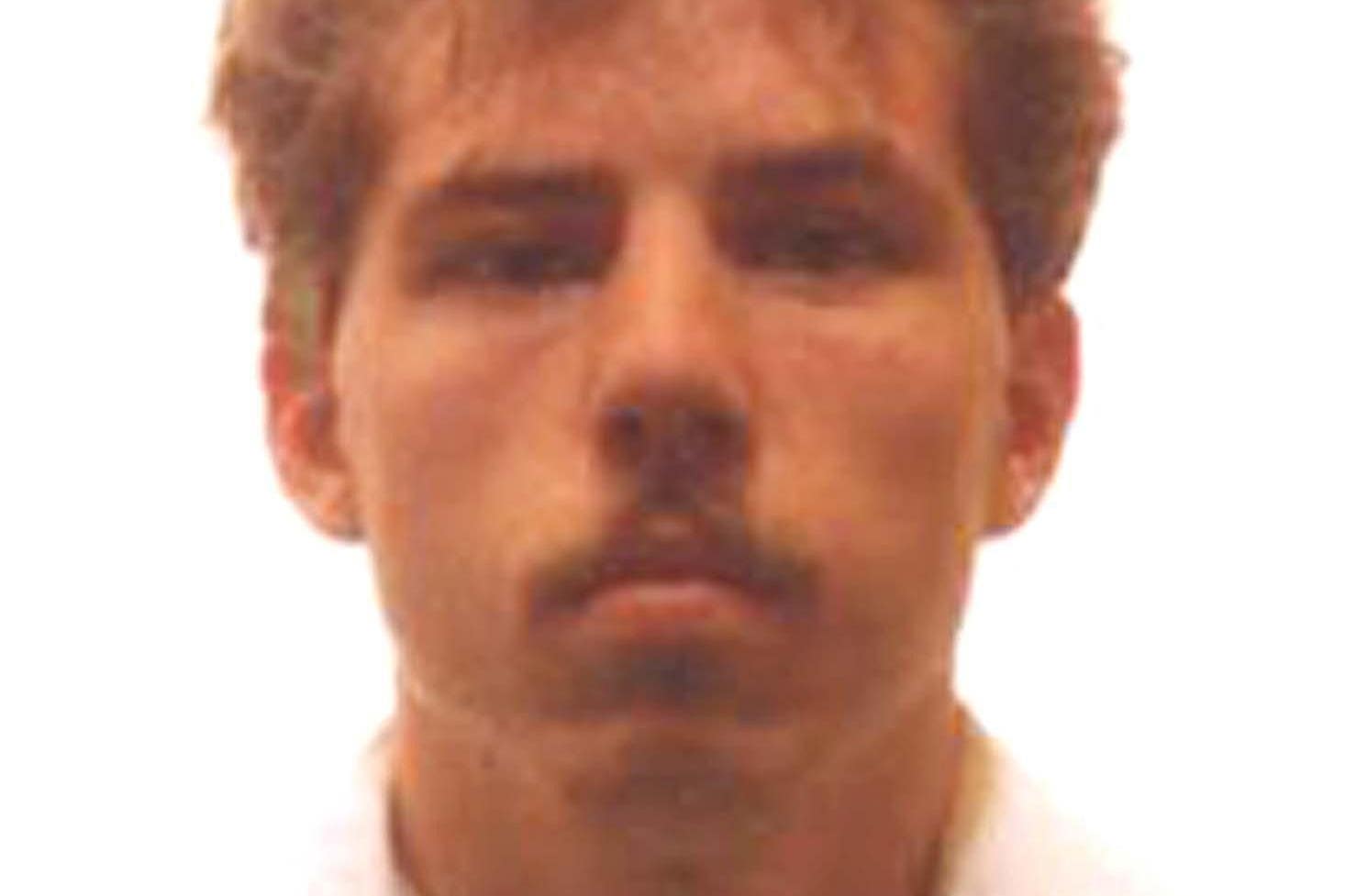MoJ blocks open prison move for ‘dangerous killer’ whose case made legal history
Justice Secretary Brandon Lewis rejected the Parole Board’s recommendation to move William Dunlop who murdered Julie Hogg in 1989.

The Justice Secretary has blocked a bid to move a “dangerous killer” who murdered his ex-girlfriend in a frenzied sex attack to a lower security jail.
Brandon Lewis has rejected the Parole Board’s recommendation to move William Dunlop to an open prison, the Ministry of Justice (MoJ) said.
In 2006, Dunlop, known as Billy, was jailed for life with a minimum term of 15 years after admitting murdering Julie Hogg, a 22-year-old mother and pizza delivery woman, in Billingham, Stockton-on-Tees, County Durham in 1989.
His case made legal history as he became the first person to be charged twice with the same offence after 800-year-old double jeopardy laws were changed.
The sentence came at the end of a 15-year-long battle by her mother Ann Ming who campaigned to have the law changed so she could get justice for her daughter.
In September, the Parole Board said the 59-year-old could be transferred to an open prison – where he could have been granted temporary release on occasion.
But under reforms to the parole system, the plan then had to be reviewed by the Justice Secretary, who now has the power to approve or block the move.
The Secretary of State has rejected William Dunlop’s move to open conditions in the interest of public protection
On Friday, an MoJ spokeswoman said: “The Secretary of State has rejected William Dunlop’s move to open conditions in the interest of public protection.”
Dunlop will be eligible for another Parole Board case review in about two years’ time.
Ms Hogg’s disappearance in November 1989 was initially treated as a missing person inquiry until she was found by her mother 80 days later.
The partially mutilated body of Ms Hogg, who had a three-year-old son, was discovered decomposing behind a bath panel. The court heard Ms Hogg was “subjected to a violent sexual assault” after she rejected Dunlop, who was branded by the Crown Prosecution Service a “dangerous killer” who tried to escape responsibility for a “premeditated and truly horrendous” attack.
Dunlop twice stood trial but each time a jury failed to reach a verdict. He was formally cleared but later confessed and admitting lying in court, boasting there was nothing anyone could do about it.
He was then jailed for six years for perjury and afterwards charged with the murder again once the law changed.
In his second Parole Board review, Mr Dunlop, who gave evidence at a hearing alongside officials and his probation officer, indicated he hoped to be transferred to an open prison.
Parole Board judges found that at the time of his offending, Dunlop had a “willingness to use extreme violence” fuelled by alcohol, drugs and his friends, a document detailing the decision said.
He had “difficulties with relationships, thought about sex a lot, and felt entitled to sex.
“His attitude towards women had been problematic and he had an interest in sexual violence.”
Dunlop also found it “difficult to understand the impact of his behaviour on others.”
During his time in custody, he had completed “intensive therapeutic and offending behaviour work” over a number of years, focussing on his “personality issues as well as his thinking and decision-making skills, relationships and intimacy, the factors which specifically underpinned his sexual offending, and his misuse of drugs and alcohol”, the papers said.
He has since shown a “significant shift in his understanding of his own behaviour and the impact on other people” and took “full responsibility” for the offence.
There had been no evidence of “violence, sexually inappropriate behaviour or substance misuse for many years”, his behaviour was “generally positive” in prison and his maturity had “increased”.
Officials did not think he was suitable for release but felt a period of time in open prison could be “helpful and safe”.